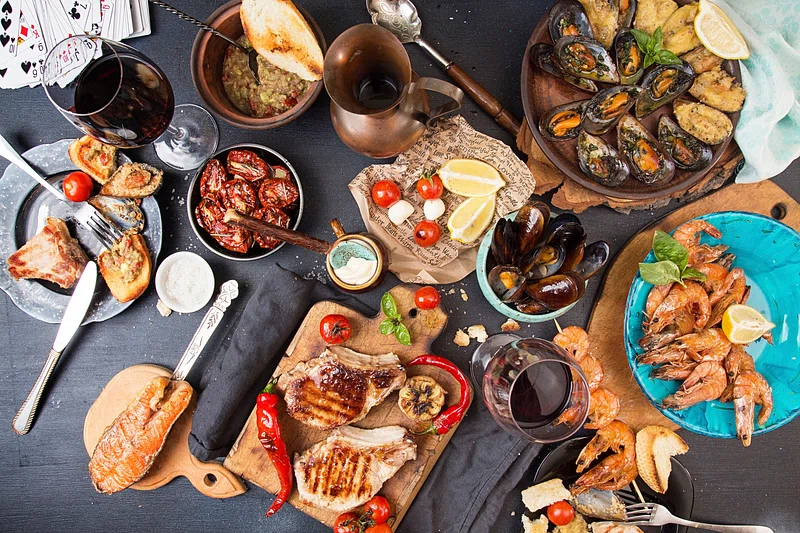Take a deep breath in, and hold. Hold it for as long as you are able to (without passing out), and then, once your lungs are pleading for air, only then, should you exhale. And that – that relief you feel once you are able to breathe again – that’s exactly how I feel once the month of Ramadan arrives.
Ramadan cannot be defined simply as a month of abstaining from food from sunrise until sunset – in fact, this is a major misconception. Yes, fasting is a key component of Ramadan, but it is the combination of fasting, prayer, remembrance of God, charity, and being mindful of one’s actions, that allow Muslims to purify their hearts and nourish their relationship with Islam.
During Ramadan, there’s something more in the air, something special, rather uplifting and promising. There is no time where the community comes together more than it does in Ramadan, and this is largely facilitated by the encouragement of generosity and kindness. I live in a very Muslim-populated community; every year, during Ramadan, if I step out onto my street, I can immediately tell that it is nearly time to open the fast – simply because of the smell of samosas frying or biryani cooking. Maintaining good relationships with your neighbours is encouraged in general in Islam, but Ramadan captures the essence of a sense of community, which is why it is especially common to share food with others during this month. My mum will send her favourite child (me) out to deliver foil-wrapped trays of food to the neighbours. There is absolutely nothing more terrifying than the thought of dropping a plate of rice on the pavement, and having to walk shamefully back home and see the look on her face as I admit the cost of my clumsiness.
Whether at home, a Masjid, or anywhere else one may be, it is from the sunnah (traditions and practices) of the Prophet Muhammad PBUH, to open one’s fast with dates and water; dates are one of the fruits (alongside grapes, olives, figs, pomegranates, and bananas) mentioned in the holy Qur’an. Muslims make du’a (a supplication), which serves as a reminder that Ramadan should not be a time for feasting and overeating, rather a time for contemplation and gratitude for the blessings we have in our lives – especially the smaller blessings that we often overlook, like access to clean water.
The end of Ramadan is marked by Eid Ul Fitr – otherwise known as the Sweet Eid, or the festival of breaking the fast. A day of celebration and thankfulness, Eid is another favourite time of year for practically everyone celebrating. In my family, we head to the Eid prayer in the local park, and spend the rest of the day greeting family and friends, exchanging gifts and food. Each culture enjoys their own ‘traditional’ food on Eid, but it is generally common to eat something sweet. In my family, we have South Asian sweets (mithai), and my mum often makes seviyan (sweet and milky vermicelli). The Moroccan biscuits that my sister-in-law’s mother hand-makes and sends for us each Eid are a personal favourite.
Whilst food plays a major role in Ramadan and Eid, I think it is what accompanies the food that makes everything a little sweeter; from the recipes I’ve learnt from my mum whilst helping her prepare Iftaar, to how food brings the community together – creating new memories and sharing significant cultural food. But ultimately, it is vital to remember that to enjoy the food is a blessing in itself – Ramadan allows for a reflection of how food is something not to be taken for granted, and Eid allows us to celebrate and appreciate this blessing.


